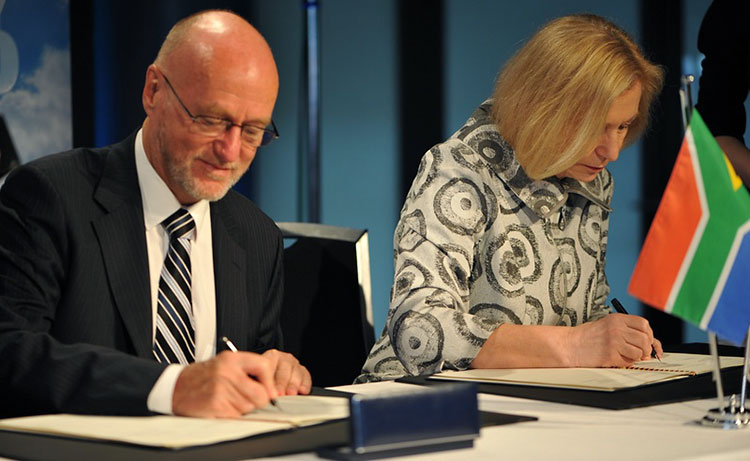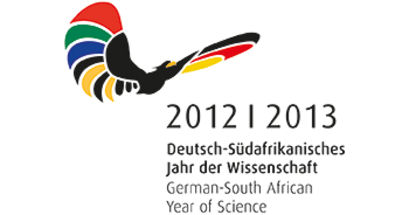The German-South African Year of Science, which was themed “Strengthen research partnerships for innovation and sustainable development”, took place from April 2012 to April 2013 and brought together scientists from both countries in seven subject areas: climate research, bioeconomics, urbanisation research, health economics, astronomy, humanities and human capital development research.

© BMBF
One of the most important priorities of the German-South African research cooperation in the Year of Science was researching climate change, its causes and its consequences. Projects and workshops were organised for this purpose, which dealt with closed ecosystems, biodiversity, water resources management and soil alterations. A total of 200 events took place during the course of the year, including the first joint German-South African Antarctic expedition of the research vessel “Polarstern”.
The ministries of the two countries funded 41 projects in the context of an ideas competition - in addition, school competitions, summer schools, rounds of talks and specialised conferences took place. At the end of the Year of Science, it was agreed that a joint research professorship would be set up. In addition, the Alexander von Humboldt Foundation launched the “Neville Alexander Memorial Initiative”, which is funded by the Federal Ministry of Education and Research (BMBF).








